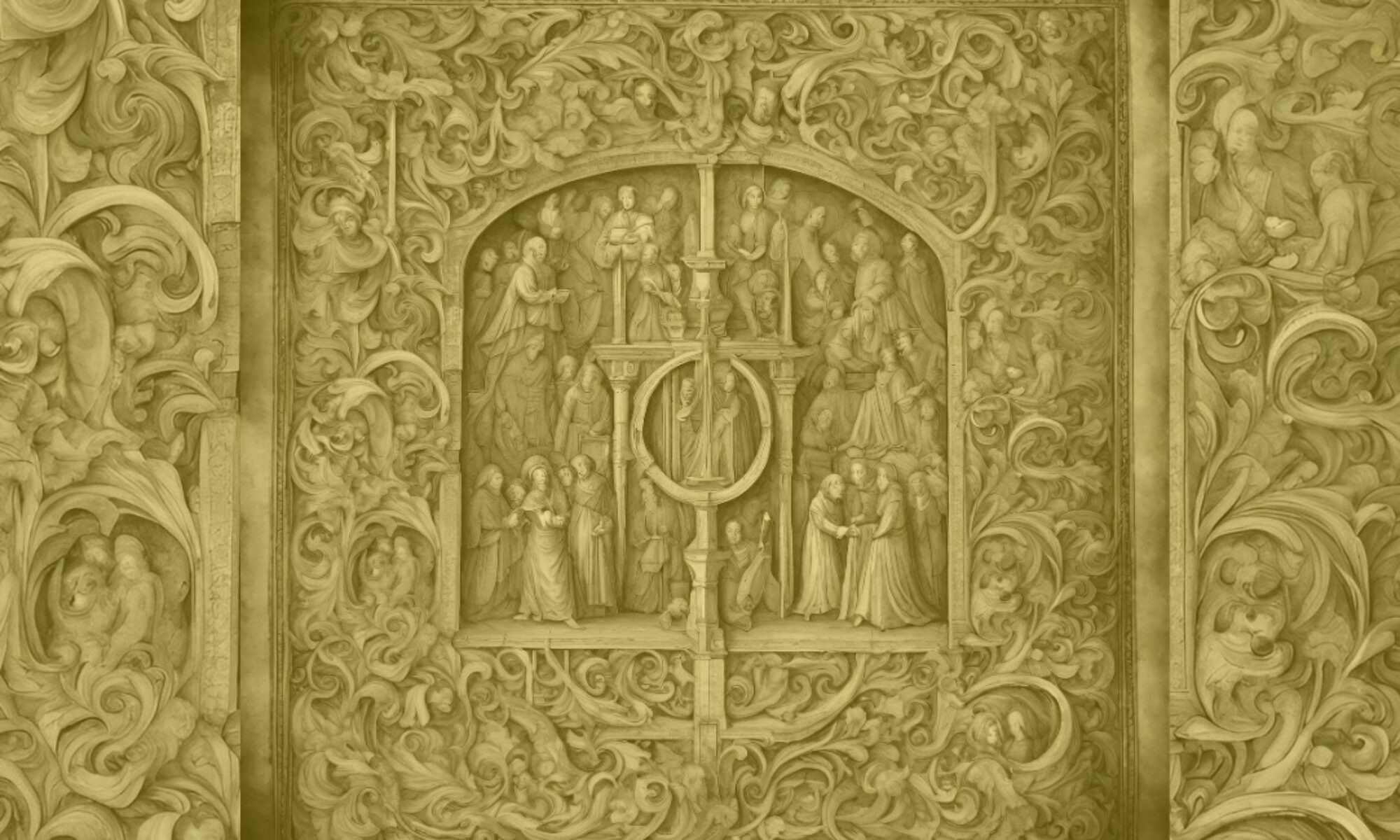Olivia’s talk is called, “The Therapy of Prythian: Writing Psychological Trauma and Dealing with it in New Adult Literature”

Sarah J. Mass’ inventive 2015 New Adult fantasy novel, A Court of Thorns and Roses, plays on familiar fairy tale archetypes such as Beauty and the Beast, Hades, and Persephone. Despite putting her characters through challenging tasks, adventures, and the occasional torture session, Mass answers the question of what happens after the trauma of returning from the underworld. In this series, the reader is taken through an imaginative faerie realm where magic powers the universe, humans fear their fae neighbors, and an evil queen has cast a plague upon the land. This presentation examines the powerful mythic images present within Mass’ universe along with the inclusion of mythic themes and archetypes to create a psychologically compelling narrative in the bourgeoning genre of New Adult. Mythical ideas and concepts have long been a fantastic resource for authors, but this emerging genre provides a vehicle for telling stories that acknowledge and process the traumatic events of life. What mythical truths can these New Adult novels provide to audiences? Where and how do these novels fit within the “canon” of academic literature? What value might they hold for entertainment and scholarship?
About Olivia
Olivia Happel-Block, PhD, is a Mythology, Theory of Knowledge, English, and Film Studies teacher at Dos Pueblos High School in Goleta, CA. There she serves as the Extended Essay Coordinator (a four thousand word research essay composed by IB students over the junior and senior year). She has created her own curriculum for both the Mythology and Film Studies course at DPHS. Her dissertation, That Which Is Not Yet Known: An Alchemical Analysis of Michael Maier’s Arcana Arcanissima explores themes of mythology, alchemy, and religion. Olivia serves as the Pacifica Graduate Institute Alumni Association’s Vice President. She has presented at the American Academy of Religion Regional Conference as well as the Pop Culture Association’s Regional and National Conference. Her academic interests include myth, religious studies, alchemy, and classics. She seeks to pursue the #immutablediamondbody throughout her life, scholarship, and career. Follow her on Instagram @doctorhappel.









